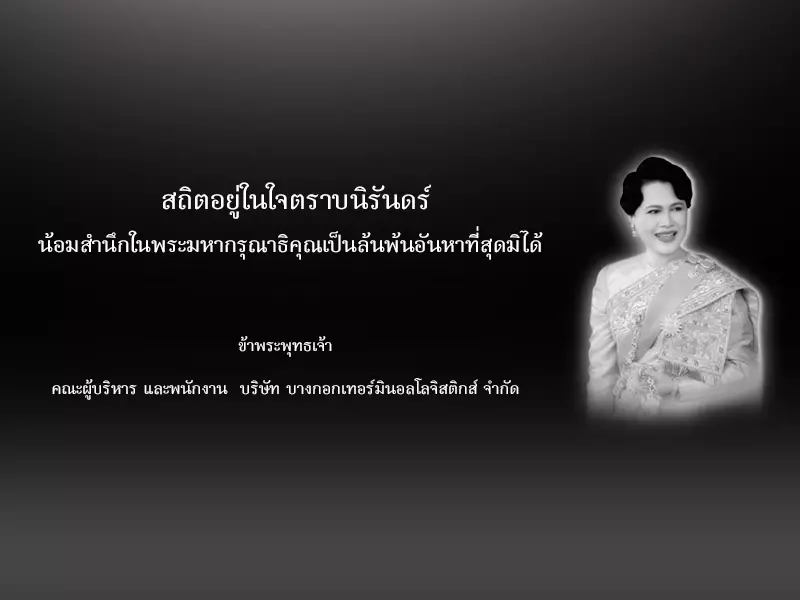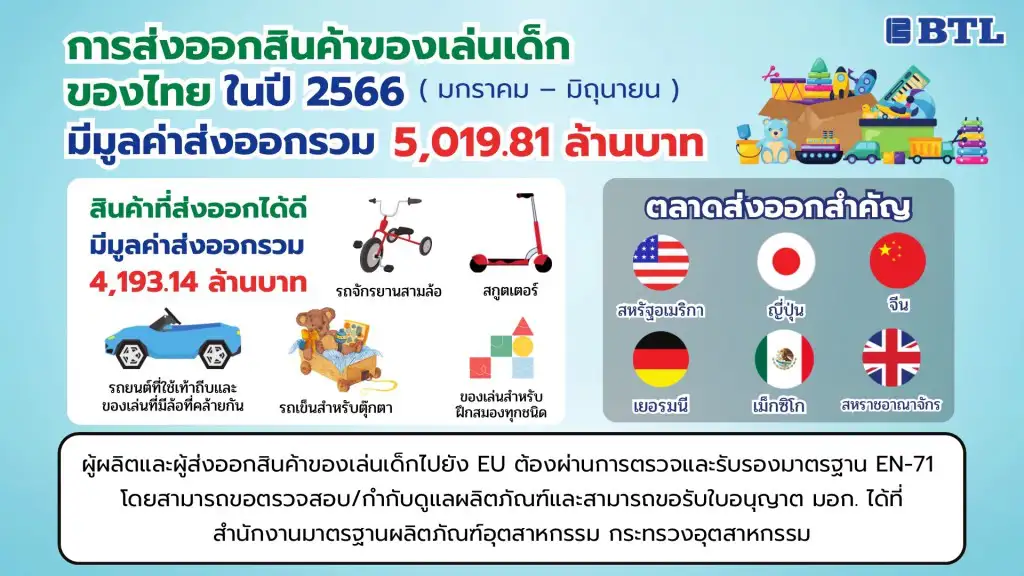



All exported children's toys must have a Digital Product Passport to show important information about the product's composition.
The European Commission has proposed an amendment to Directive 2009/48/EC on the Safety of Children’s Toys to modernize safety standards for children’s toys in line with current international standards and production technologies.
It covers the improvement of chemical accounts and databases, risk assessment systems for chemicals that are harmful to children’s health, and adjustments to the maximum hazardous chemical values in children’s toys to cover children of all ages.
To ensure that children’s toys sold in the EU are the safest in the world, free from harmful chemical ingredients that may affect the endocrine, respiratory, immune, nervous systems or be toxic to organs.
All children’s toys are required to have a Digital Product Passport to show important information about the composition of the product from production, sale, use, etc.
The new regulation lists chemicals banned under the law, as well as information on product shelf life, recycling, repair, deterioration or end-of-life, and proposes that legislation be implemented in all member states to achieve a common EU standard.
Currently, manufacturers and exporters of children’s toys to the EU are required to comply with toy safety regulations, such as designing and manufacturing toys to ensure they are safe, and displaying clear and understandable warnings on toys.
Display of CE Mark safety certification according to EU standards, preparation and storage of technical documents of chemicals as well as list of purchasers or recipients of children’s toys for a period of 10 years, free from prohibited chemical ingredients such as carcinogens.
Genetically Modifying Agents, Reproductive Toxins, Allergens and Safety Assessment of Toys in accordance with EN-71 (EN = European Norm) Safety of Toys, etc.
Mr. Ronnarong added that in Thailand, the production and distribution of children’s toys must comply with industrial product standards under the supervision of the Industrial Product Standards Office, Ministry of Industry.
which is a mandatory standard and is based on the international standard ISO 8124-1: 2018, in which Thailand is an exporter of children’s toys that is outstanding in terms of product quality standards and is accepted in international markets.
Children’s toys are therefore a high-potential export product with a tendency to grow. This can be seen from statistics on the export of Thai children’s toys in 2022, which found that Thailand exported children’s toys (Customs Code 9503, 9504, and 9505) with a total value of 11,713.47 million baht, an increase of 20.67 percent from 2021.
In the past
For the first half of 2023 (January – June), the total export value was 5,019.81 million baht. However, exports of tricycles, scooters, pedal cars and similar wheeled toys
Doll strollers, all kinds of brain training toys (Customs Code 9503) had the highest value in 2023 (January – June) with an export value of 4,193.14 million baht. The main export markets were the United States, Japan, China, Germany, Mexico and the United Kingdom, respectively.
In addition, manufacturers and exporters of children’s toys to the EU must pass the EN-71 standard inspection and certification, which allows them to apply for product inspection/regulation and can apply for TIS licenses. Available at the Industrial Product Standards Office, Ministry of Industry.
The Department of Foreign Trade will continuously monitor the progress of the amendments to these regulations and disseminate information to relevant parties.
Both government and private sectors to enable Thai entrepreneurs to produce, improve and develop children’s toys to meet the needs and meet the standards set by trading partners.
Data source: DFT, Department of Foreign Trade, Ministry of Commerce
————————–
Contact us for BTL service inquiries
02-681-2005 to 9